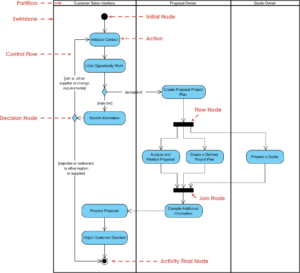Category: Class Diagram
Comprehensive Guide to Class Diagrams
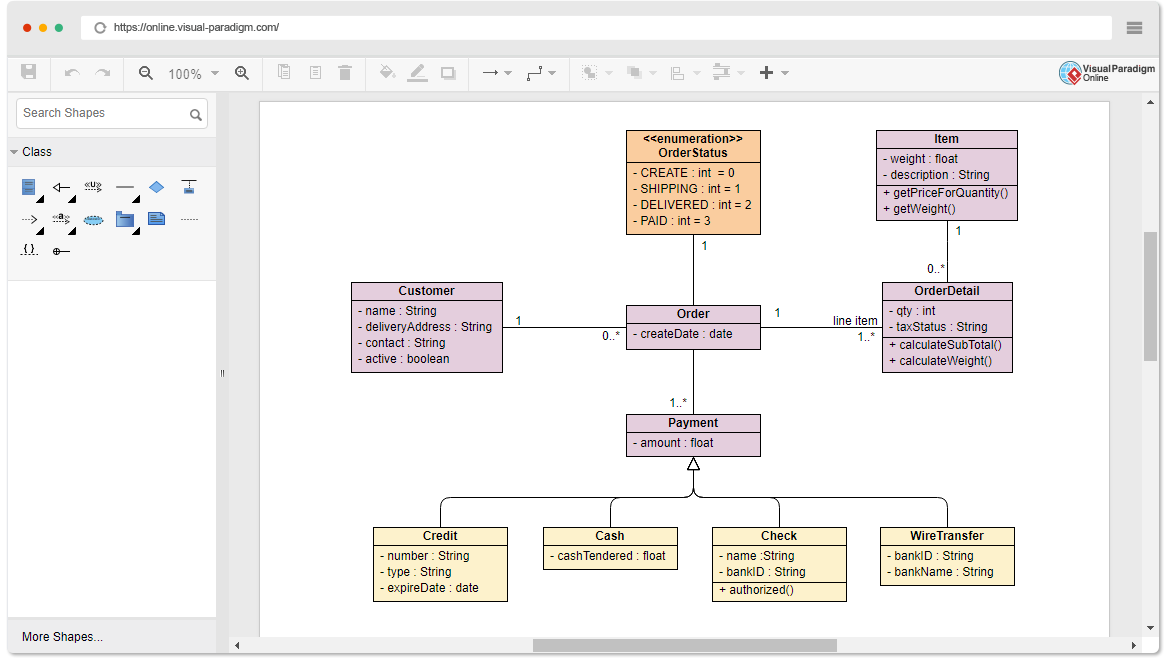
Class diagrams are a fundamental part of object-oriented modeling and are widely used in software development. This guide will cover what class diagrams are, why they are important, how to create them, and provide tips, tricks, and guidelines for effective …
Comprehensive Guide to Creating a Class Diagram for an ATM System
Creating a class diagram for an ATM (Automated Teller Machine) system is crucial for understanding the structure and relationships between different classes involved in the system. This guide will walk you through the process step-by-step.
Step 1: Identify the Key
…Understanding UML Extension Mechanism
Introduction
The Unified Modeling Language (UML) is a standardized modeling language used to visualize the design of a system. To enhance its flexibility and adaptability, UML incorporates extension mechanisms. These mechanisms allow developers and designers to tailor UML to …
Object-Oriented Analysis Using UML Class Diagrams: A Case Study
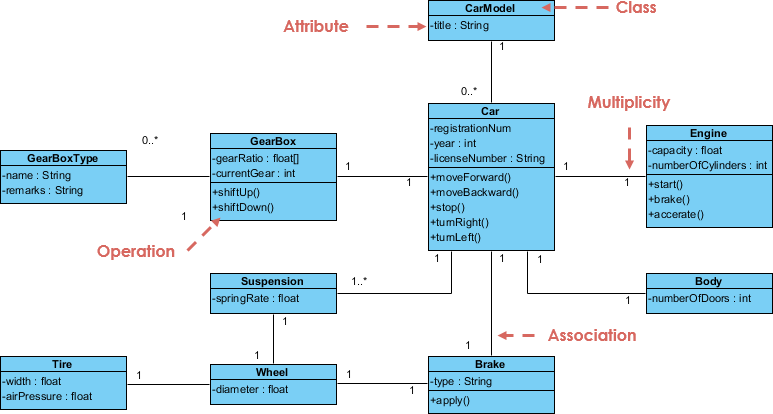
Introduction
Object-oriented analysis (OOA) is a method for analyzing a system with an emphasis on the objects that will be part of the system. It involves identifying the classes that will represent real-world entities, their attributes, behaviors, and the relationships …
Object Modeling Using Class Diagrams: A Case Study
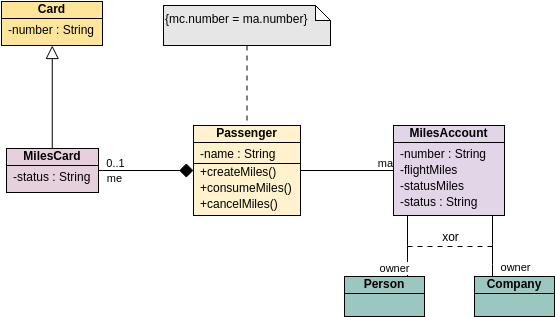
Introduction
Object modeling is a technique used in software engineering to visualize and define the structure and behavior of a system. Class diagrams are a fundamental part of Unified Modeling Language (UML) that help in representing the system’s classes, their …
Why Class Diagram? A Step-by-Step Tutorial for Beginners
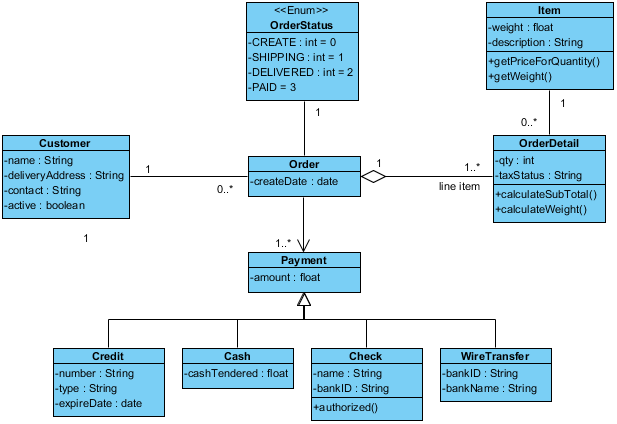
Introduction to UML
Unified Modeling Language (UML) is a standardized modeling language used to visualize, specify, construct, and document the artifacts of a software system. UML provides a set of graphic notation techniques to create visual models of object-oriented software …
Understanding UML Class Diagrams: A Comprehensive Guide

Introduction to UML Class Diagrams
A UML (Unified Modeling Language) Class Diagram is a static structure diagram that represents the classes, attributes, operations, and their relationships within a system. Class diagrams are fundamental to object-oriented design, providing a blueprint for …
Understanding Class Diagrams
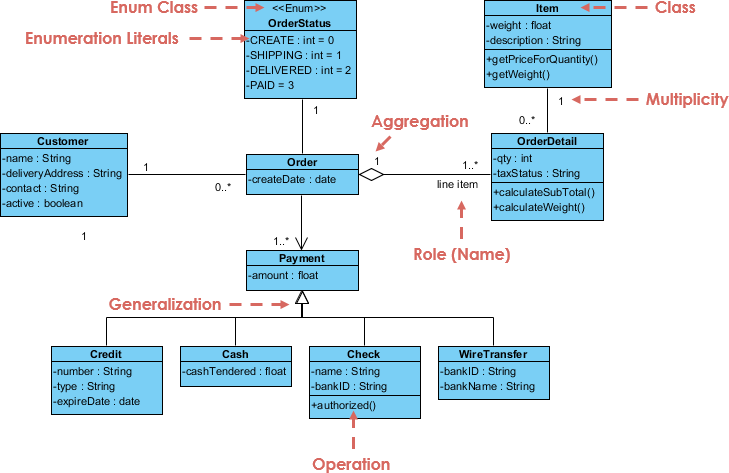
What is a Class Diagram?
A class diagram is a type of static structure diagram in UML (Unified Modeling Language) that describes the structure of a system by showing its classes, attributes, operations (or methods), and the relationships among objects. …
Understanding Class Diagrams in UML

Introduction
Class diagrams are a fundamental component of the Unified Modeling Language (UML), serving as a visual representation of the structure and relationships of classes within a software system. They play a crucial role in the design and documentation phases …
